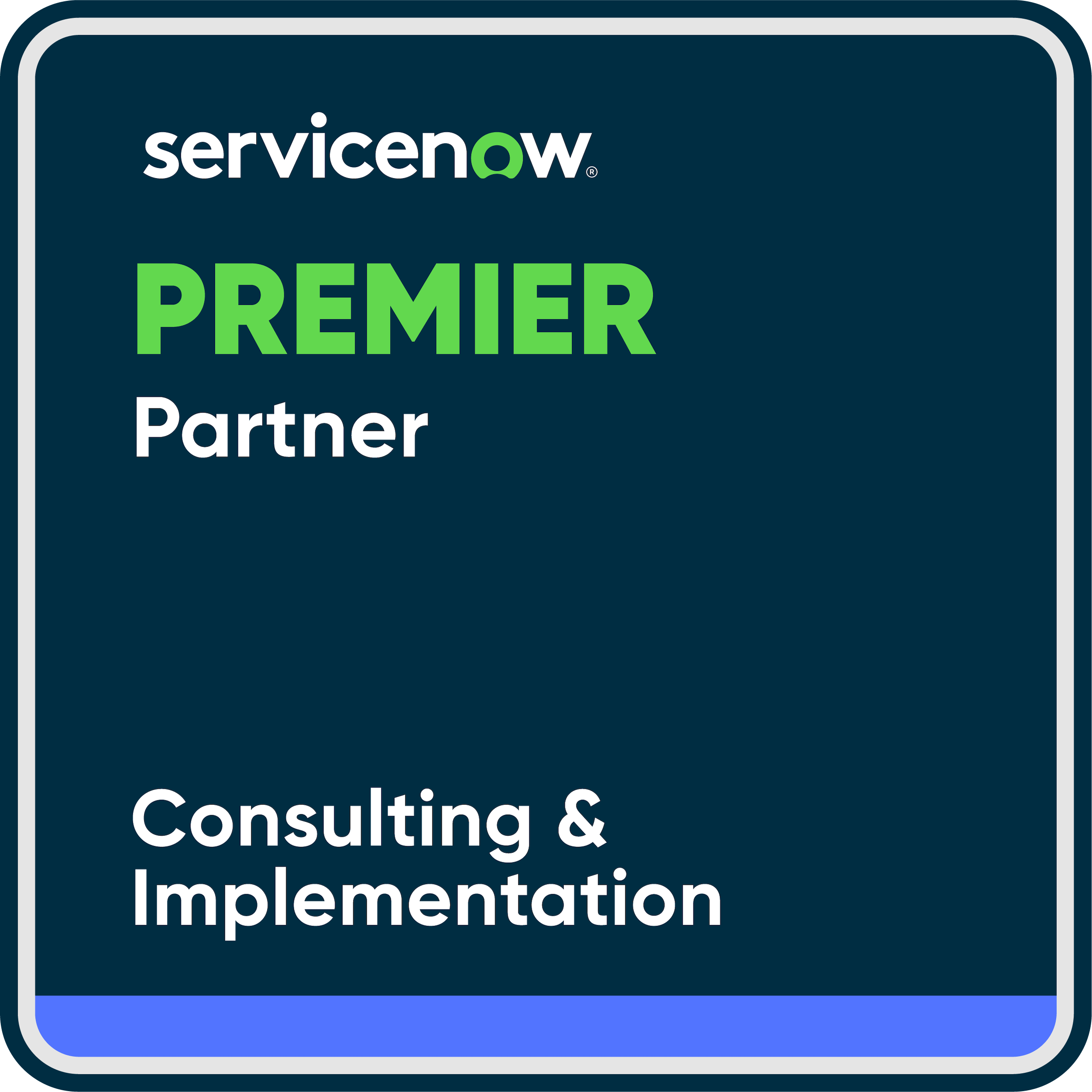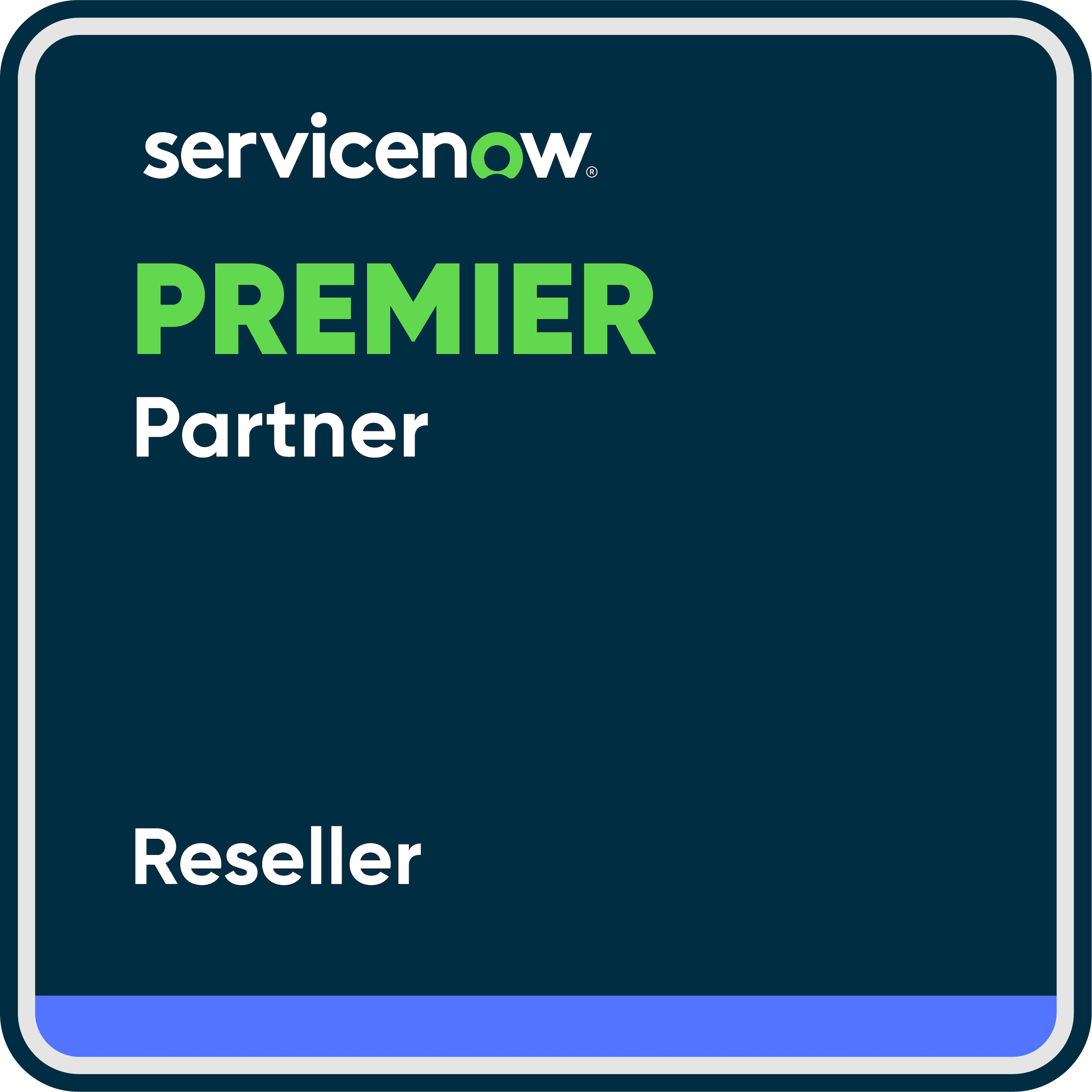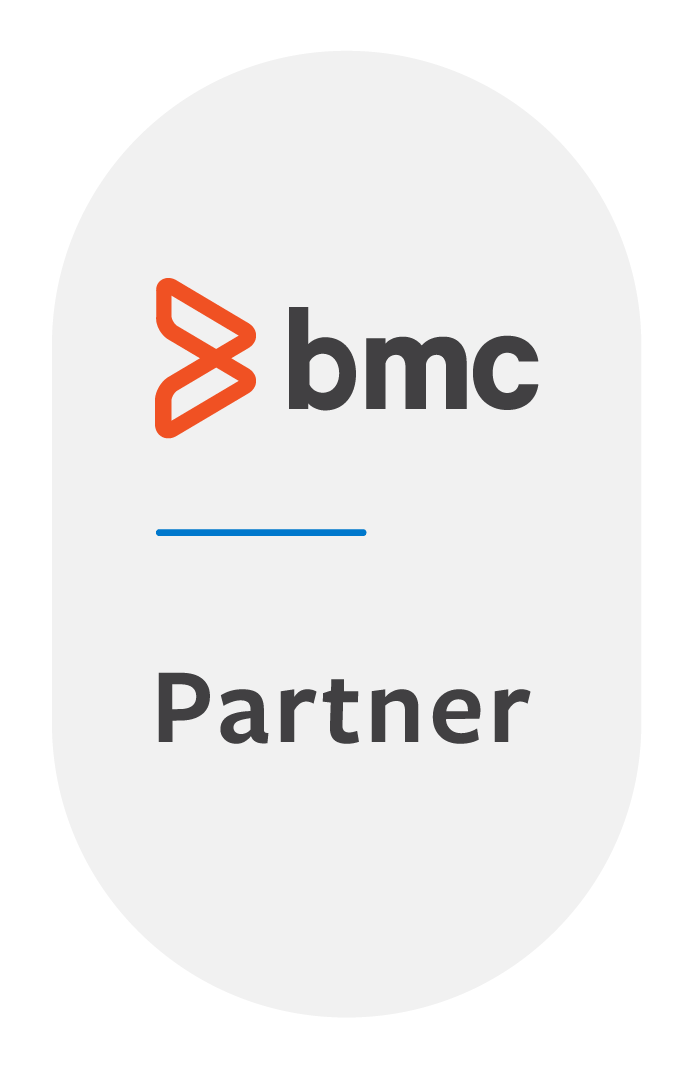Author: David Schmidt, BMC Software
As organizations evolve towards being an autonomous digital enterprise, efficient service, especially self-service, is required to succeed. Employees need to find the right information they need to maximize their productivity. Deploying virtual assistants has become essential to help the business achieve its efficiency and customer satisfaction (CSAT) goals. However, it is critical to have a comprehensive knowledge strategy, both in terms of providing the right information and the overall curation of content.
“Knowledge is like a garden: if it is not cultivated, it cannot be harvested.” – Proverb
Knowledge-Centered Service (KCS®) is an effective knowledge management strategy that can transform both your organization’s customer experience and employee loyalty. Working with KCS can make the difference between an above-average company and an outstanding one. KCS is a simple idea that brings profound benefits. The idea is that you should integrate knowledge creation and maintenance into your daily problem-solving process.
Let’s take a look at 4 ways intelligent knowledge management services can impact businesses:
1. Operational Efficiency
The first benefit your organization can take advantage from after implementing Knowledge-Centered Service is operational efficiency. When agents understand the importance of integrating the use of knowledge into their daily workflow, they will realize that working with a structured problem-solving process will help them find better and more effective solutions. Integrating a knowledge base into the workflow enables agents to benefit from the collective experience of the organization. This leads to increased capacity and the ability to introduce new employees and new tasks into the organization with much less effort and time. The collective experience will always be more precise and complete than any individual’s contribution.
2. Self-Service Success
Agents produce structured knowledge by integrating the reuse of existing knowledge, improving it as needed, and capturing new knowledge into their workflow. The result is that within a short period of time (typically between 4 and 6 months), the company has a knowledge base with structured content in the customer context that is developed as needed. As a result, this knowledge is findable and usable for both agents and customers. And since the goal is to provide knowledge to those who need it when they need it, we need to make as much knowledge as possible available for self-service.
This reduces the time and effort customers need to spend finding relevant information or figuring out when and where to go for help. An effective self-service solution helps provide customers with answers to known problems, so agents can focus on solving new challenges and opportunities. We explain how you can achieve this goal and properly manage knowledge in your company and make it available to employees and customers in our article about the cloud-based, AI-supported knowledge management software BMC Helix Knowledge Management.
3. Organizational Improvement
This is perhaps the most valuable benefit of KCS – identifying and prioritizing opportunities to improve processes, policies, products and services. Because artificial intelligence/machine learning (AI/ML) depends on established processes and rules, the results of intelligent automation can be maximized and optimized for final impact. Patterns and trends that emerge from our collective experience in the knowledge base ease the investigation of potential actions. For example, root cause analysis is a very powerful way to assess which remediation actions should be prioritized to achieve the best possible impact on the effectiveness and productivity improvement, as well as a healthier, customer-centric experience.
4. Organizational Learning
The final benefit is that we can learn from each other as an organization. With KCS, knowledge is captured and made available for reuse during the resolution process, simplifying the documentation process and creating valuable articles that are searchable and readable. Agents can rely on their knowledge base content and learn from every interaction. By adding an article to their incident, agents also confirm that they understand and believe in the resolution. Knowledge is continuously acquired through interactions and experience. As we gain more experience, we add to, improve, and correct our knowledge. Therefore, our knowledge is constantly evolving, although it is never perfect or truly complete. We all know that our individual knowledge is power. But the collective knowledge of a group is even more powerful.
Intelligent knowledge management service is not only a key area in which companies are investing heavily, but also a key differentiator when it comes to helping employees, groups and the entire organization succeed in the marketplace. It’s not enough to create knowledge and present the information. Instead, curated, effective knowledge is the only way to achieve self-service and service efficiency goals.
This blog article was provided by our technology partner BMC Software (original blog article by BMC Software). BMC Software is a leading manufacturer of software solutions for ITSM and IT Operations Management. It ranks 92 of the 100 Forbes Global companies among its clients. BMC Software products are scalable, modular solutions with which complex IT environments are operated and can be continuously further developed.










